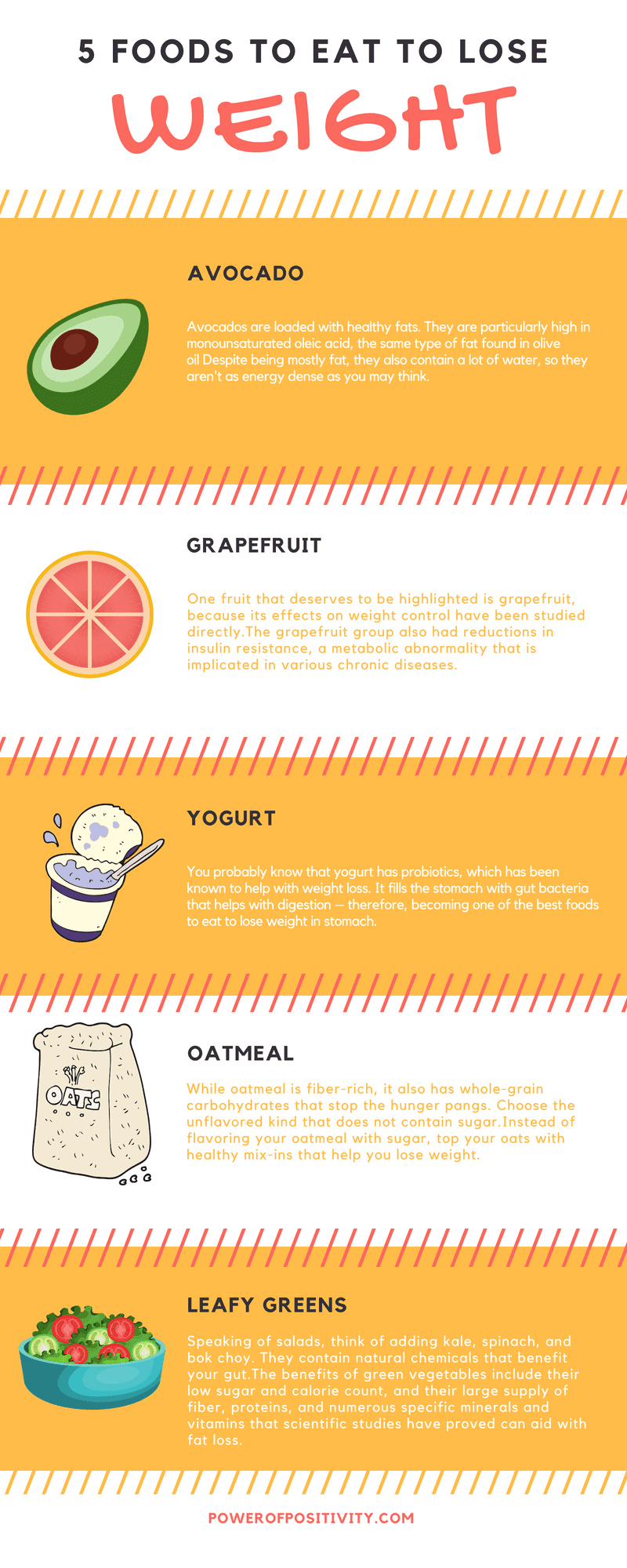“It’s not realistic to tell people to never eat dessert; that’s not something I expect of my clients, or myself.” – Metltzer Warren, R.D.N. and nutritionist
We all know what’s supposed to be the best way to lose weight. How many times have we heard “Eat a well-balanced diet,” “Eat breakfast,” and “Eat (x) and drink (y) in moderation?” Some diets even propose the elimination of all types of sugar; with some (e.g. the Atkins Diet) requiring dieters to count the grams of natural sugars in fruits and vegetables.
And we wonder why diets are, by and large, a terrific failure – with between 80 to 90-plus percent of dieters regaining their weight within a year (90-plus percent regain their weight within three years.) Such statistics, which are widely published in scientific journals, may evoke a sense of discouragement – but this would be a misinterpretation. We’ll expand a bit more of the reasons later on.
Perhaps the old cliché, “It’s not a diet, it’s a lifestyle,” was born out of the grand failings of the weight loss industry.
Moderation
At this juncture, we’ll reintroduce and expand upon the oft-quoted diet advice of “Everything in moderation,” which has plenty of merit – when understood in the correct context.
The word ‘moderation’ is somewhat vague in certain respects. The Oxford Dictionaries define moderation as “The avoidance of excess or extremes.” Merriam-Webster has a similar definition: “Avoiding extremes of behavior or expression; observing reasonable limits.”
Moderation can be interpreted, then, as one extreme or the “other.” When consuming alcohol, provided that an individual possesses common sense, such an interpretation is quite useful. There’s “falling down drunk” and “a beer or two,” for example.
Concerning food, moderation is something a bit more abstract in nature. Let’s use a piece of cake as an illustration. Does moderation mean one piece of cake? If so, is one piece of cake daily okay? A beer or two daily, after all, has been shown to possess certain health benefits – something that remains true even when dieting.
Surely, one piece of cake per day is cool, right? Most “dieters” or other individuals trying to maintain a healthy weight will answer this question with a resounding “no.” Science, as it turns out, is a collective “no” on this, as well.
Not-so-accidentally, the word “moderation” is a favorite of junk food companies. Consider this reporting published by health and science reporter, Beth Skwarecki:
“…look at the Back to Balance Coalition, made of 18 “leading food groups” that have signed a statement of principles promoting moderation. Their motto: “All foods fit in a balanced diet.”
“(the 18 groups) include the Sugar Association, the National Confectioners Association, the Corn Refiners Association (makers of corn syrup), the National Potato Council ([most potato consumption in America is through chips and fries]), the Grocery Manufacturers Association (members include Coca-Cola and Hershey), and the Snack Food Association.”
What does the alcohol vs. cake example in Ms. Skwarecki’s reporting have to do with losing weight? Simply this: the theoretical has no place in weight loss or maintaining health.
When it comes to what you put in your body, scientific consensus is everything.
Health Experts Explain The Relationship Between Dessert And Losing Weight
Eating dessert is a good thing
No, you did not misread the above statement. Eating dessert is a good thing – when the flimsy “everything in moderation” advice is replaced with real data and information. (And not some “Back to Balance” members who represent corporate interests in various fast food, soda, and candy companies.)
Quantity
First thing’s first: for those losing weight, it is recommended to limit your favorite treats to 1-2 times per week. According to nutritionists, this rate shouldn’t interfere with your progress, provided that you are consuming no more than the recommended serving amount on the nutrition label.
(The only exception to the “1-2 times per week” recommendation is dark chocolate. A 2011 Harvard University study found eating a couple “chunks” of dark chocolate is beneficial for lowering blood pressure, as an anti-inflammatory, and strengthening the immune system.)
Here are some other reasons why indulging a couple of times per week can be healthy:
It may boost weight loss
Mindfully eating your dessert; through counting your bites and focusing on the taste, may help slim your waistline. According to an article published in Readers Digest: “One study asked participants to first choose a healthy or unhealthy snack, and then count how many times they swallowed while eating it. Researchers found that (dieters) who chose the unhealthy snack … felt satisfied more (quickly).” Satiety, of course, is a key element of weight loss.
Eating treats may curb your cravings
Nyree Dardarian, director of the Center for Integrated Nutrition and Performance Coordination at Drexel University, told Time Magazine: “When you put rules and restrictions on something, you’re only going to want it more.” Instead, focus on portion control – with desserts and every other food.
.
Eating treats may ignite activity
For some healthy folks, having a treat occasionally provides some motivation to get moving. “The number one thing I love about dessert is that what you see is what you get. (I’m) making a conscious decision to have a treat,” says registered dietitian Jaclyn London. This conscious decision, for her and others, is added incentive to get to the gym.
It’s a wonderful reward
Most of us work at least one-third of the day. The idea of going to the gym or doing something else that requires additional effort is overwhelming at times. A dessert can serve as an excellent reward for our hard work














 Community
Community

